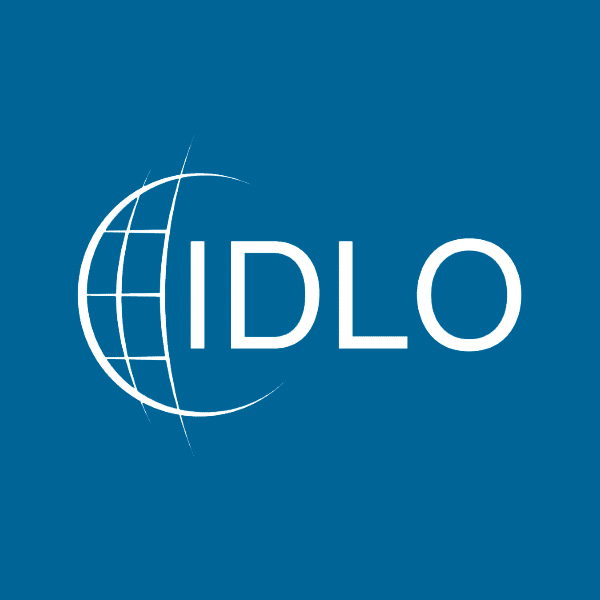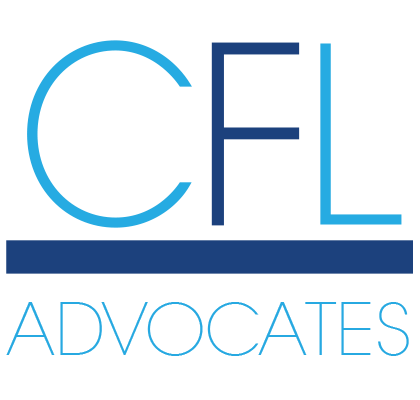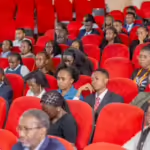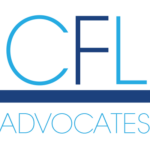Overview & Responsibilities
Background
The Environment and Land Court (ELC) is a superior court established by Article 162(2) of the Constitution of Kenya. The Environment and Land Court Act no.19 of 2011 (ELCA) gives effect to Article 162(2) of the Constitution and the court was established to hear and determine disputes relating to the environment and the use and occupation of, and title to land. The court exercises jurisdiction throughout Kenya. It has original and appellate jurisdiction to hear and determine all disputes in accordance with Article 162(2)(b) of the Constitution and with the provisions of the Act or any other written law relating to environment and land. It is also authorized to hear cases relating to public, private, and community land and contracts, choses in action, or other instruments granting any enforceable interests in land. The court exercises appellate jurisdiction over the decisions of subordinate courts and local tribunals with respect to matters falling within its jurisdiction.
Environmental and climate justice goes beyond simply protecting the environment. It focuses on ensuring everyone has a fair chance to live in a healthy environment and that the burdens and benefits of environmental policies are distributed equitably. This means recognizing that marginalized communities often bear the brunt of pollution and climate disasters, even though they contribute the least to the problems. It’s about ensuring a healthy planet for all. Article 42 of the Constitution of Kenya provides that every person has the right to a clean and healthy environment. Article 70 (1) provides that a person whose right to a clean and healthy environment has been infringed may apply to a court for redress. Article 70 (3) further provides that an applicant does not have to demonstrate that any person has incurred loss or suffered injury. This indicates that a person acting independently without a lawyer can go to court. Against this background, self-represented litigants need to be capacitated to understand the basic steps to be followed in filing a case before the ELC, including understanding the processes and timelines. There is a need for an efficient process to ensure everyone accessing the court understands how to navigate it and enforce their environmental and climate rights. This requires the development of a pro se litigant manual on environment, climate, and land matters to enable self-represented litigants to navigate litigating in the ELC.
Judicial officers play a key role in safeguarding the right to a clean and healthy environment as they adjudicate matters that come to the ELC. However, climate and environmental law is a developing discipline, requiring constant learning as the discipline and jurisprudence develop. Accordingly, judicial officers adjudicating matters related to the environment and climate change, need to keep abreast with developments through continuous judicial education and other platforms. To ensure consistent jurisprudence, judicial officers and other stakeholders’ training must be coordinated to ensure that standardized and consistent knowledge and information is shared. To initiate continuous learning, judicial officers need to acquire a rights-based, climate, and environmental law certification to assist them in executing their function. In recognition of the demanding functions of judicial officers, an initial certification must ideally be self-paced and preferably be taken online.
The Assignment
The expert is required to develop an online self-paced certification course on a rights-based approach to enforcing environmental and climate rights. The assignment also requires the expert to develop a pro se litigants manual that will be a comprehensive guide for individuals representing themselves (pro se) in environmental, land and climate litigation before the ELC.
The expert will be responsible for performing the following duties:
- Develop an online self-paced course on a rights-based approach to effectively adjudicating environmental, land, and climate rights.
- Develop a Pro-Se Litigant’s Manual with relevant resources and tools to facilitate self-representation on legal matters as a critical component of ensuring the judicial system is accessible to all justice seekers.
- Facilitate at least four inclusive validation forums for the above-mentioned products.
Deliverables
The Consultant will deliver the following;
- An inception report, including an annotated outline indicating an understanding of the assignment, a proposed work plan for the execution of the assignment, methodology, and timelines by the 7th day upon signing the contract.
- An online self-paced course on a rights-based approach to effectively adjudicating environmental, land, and climate rights.
- A pro-se litigant’s manual in a ready-to-print format.
Job Requirements
Education
- Bachelor’s degree in law, public policy, environmental studies, development studies or any other related degree from a university recognized in Kenya.
- A master’s degree in any of the above fields is an added advantage.
- Demonstrated experience in the development of Standard Operating Procedures (SOPs), Policies, and guidelines as an added advantage.
- Minimum of 12 year’s experience in environmental and climate justice issues.
Technical competencies
- Demonstrated competencies in public policy development, including experience in developing service charters, developing guidelines, or monitoring tools.
- Experience in designing environmental policies, strategies, and public campaigns.
- Experience in designing environmental and climate justice guidelines.
- Excellent knowledge and understanding of theories, concepts and approaches relevant to environment and climate change.
- Experience working within or providing technical advisory services on environmental and climate change matters.
- Excellent analytical, writing, and editing skills.
- Excellent work ethic founded on integrity, impartiality, and confidentiality principles.
Terms & Conditions
IDLO is an equal opportunity employer and values diversity in all areas of its operations. We welcome applications from qualified and diverse candidates. IDLO is committed to achieving a 50/50 gender balance at all levels within its workforce. Female candidates are strongly encouraged to apply for IDLO vacancies.
IDLO does not tolerate sexual exploitation or abuse, any kind of harassment, including harassment of a sexual nature, or discrimination. As such, IDLO will conduct careful reference and background checks on all selected candidates as part of its selection process.
In the interest of making the most effective use of resources, only the short-listed candidates will be contacted during the selection process.
Application deadline: 30 May 2024 (23:59, Rome time)
Submit your application here.












